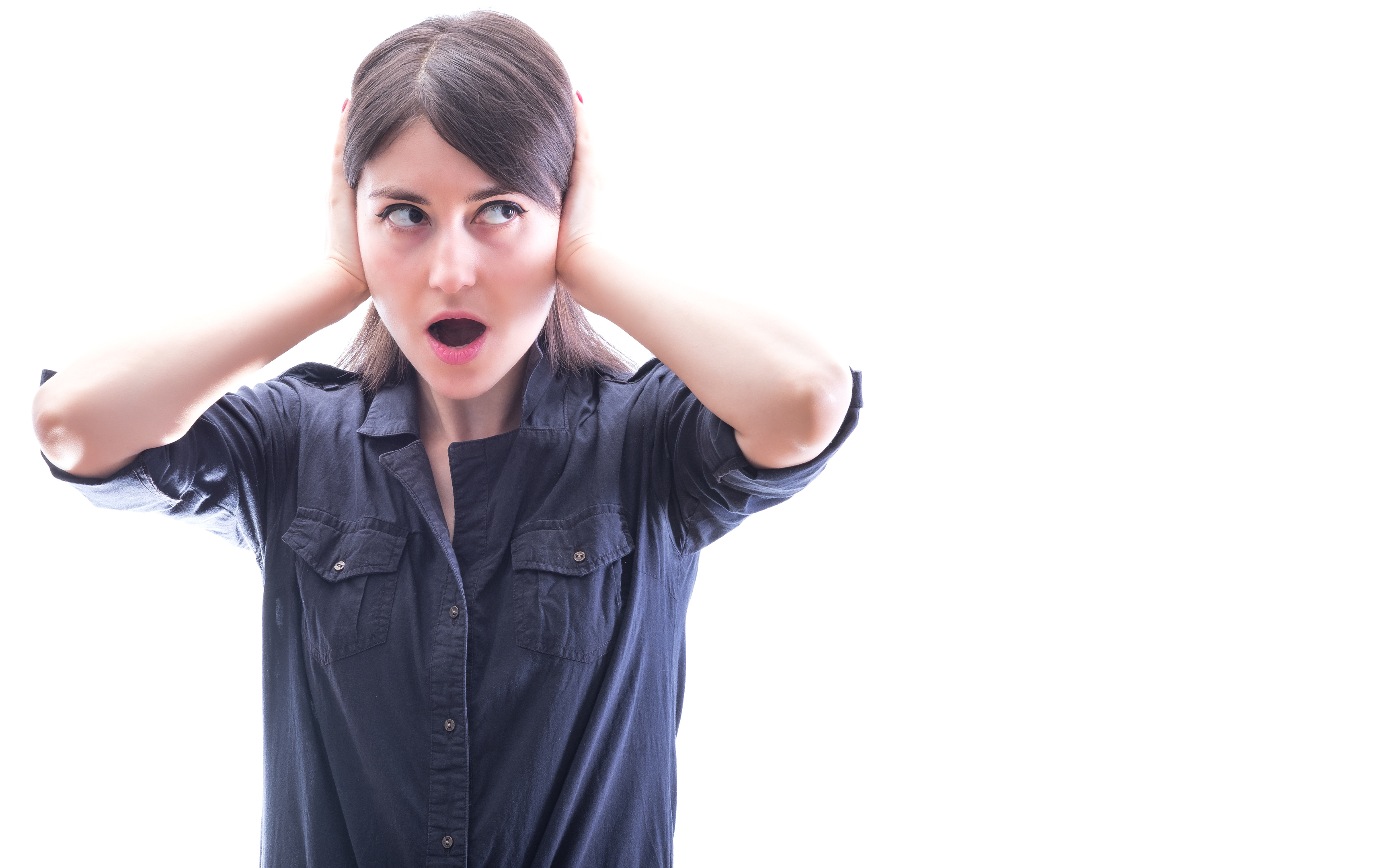
MUSCLE strength and stamina can be boosted by turning the air blue, a study has found.
Swearing may help a cyclist struggling up hill to summon up extra pedal power, new research suggests.
Likewise, a good dose of foul language might be what it takes to free that stubborn bolt or jammed bottle top.
Psychologists conducted tests in which volunteers had to swear before intense sessions on an exercise bike, or squeezing a device that measures hand grip strength.
In both experiments swearing rudely led to significant improvements in performance compared with uttering “neutral” words.
The study followed up earlier work that showed how swearing increases pain tolerance, helping explain the common reaction to hitting one’s thumb with a hammer.
Dr Richard Stephens, from the University of Keele, who led both teams, said: “We know from our earlier research that swearing makes people more able to tolerate pain.
“A possible reason for this is that it stimulates the body’s sympathetic nervous system – that’s the system that makes your heart pound when you are in danger.
“If that is the reason, we would expect swearing to make people stronger too, and that is just what we found in these experiments.”
Surprisingly, increases in heart rate and other expected changes linked to the “fight or flight” response were not seen in the latest tests.
Dr Stephens added: “Quite why it is that swearing has these effects on strength and pain tolerance remains to be discovered. We have yet to understand the power of swearing fully.”
The findings were presented at the British Psychological Society’s annual meeting taking place in Brighton.
In the first experiment, 29 volunteers with an average age of 21 pedalled hard on an exercise bike for half a minute while repeating a swear word or a neutral word.
Peak power was increased by an average 24 watts by swearing, the scientists found.
The second experiment involved 52 participants of about the same age undergoing tests of hand grip strength.
Again, the volunteers were asked to swear or utter a less emotionally charged neutral word while measurements were taken.
Swearing boosted grip strength by 2.1 kilograms on average.

Enjoy the convenience of having The Sunday Post delivered as a digital ePaper straight to your smartphone, tablet or computer.
Subscribe for only £5.49 a month and enjoy all the benefits of the printed paper as a digital replica.
Subscribe